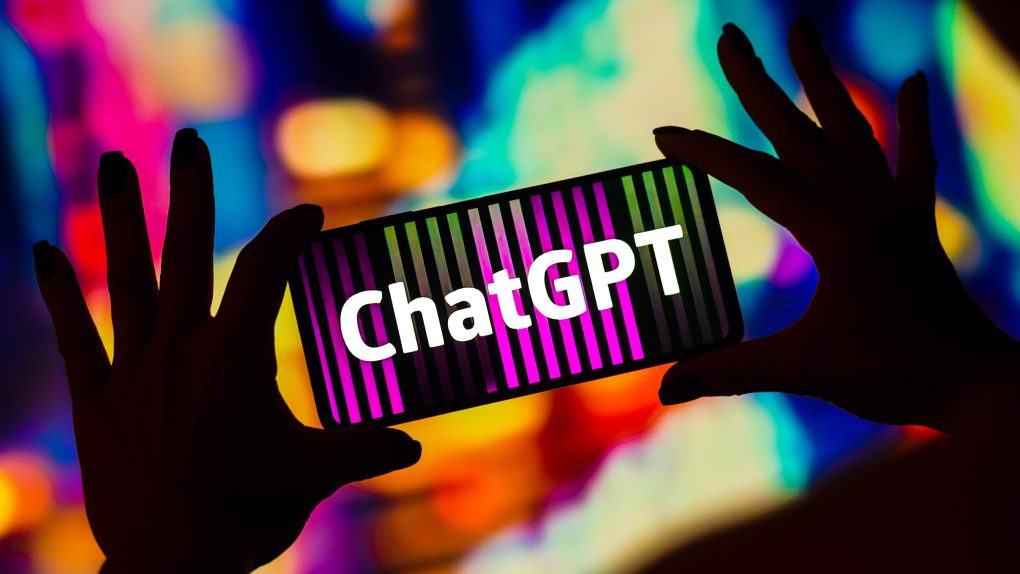Well, this was all fun and games until this story popped up.
As reported by Vice, a judge in Colombia has actually used ChatGPT to assist in making a court decision. Judge Juan Manuel Padilla Garcia, a judge in the First Circuit Court in Cartagena, Colombia, confirmed that he used the AI tool to “pose legal questions about the case and included its responses in his decision.”
In a court document, Garcia did try to calm down concerns that ChatGPT replaced him as judge and jury for the case. The judge said that “what we are really looking for is to optimize the time spent drafting judgments after corroborating the information provided by AI.”
“The arguments for this decision will be determined in line with the use of artificial intelligence. Accordingly, we entered parts of the legal questions posed in these proceedings…The purpose of including these AI-produced texts is in no way to replace the judge’s decision…What we are really looking for is to optimize the time spent drafting judgments after corroborating the information provided by AI.”
Regardless of the use case, the fact that ChatGPT was actually used to help determine a court case really ups the stakes for the tool to be accurate and the responsibility of anyone using it to verify its accuracy.
Speaking of accuracy, Microsoft seems to be comfortable with the kinds of answers it is getting from ChatGPT, at least enough to launch a new version of Bing that includes a Chat feature that works with the AI tool. Today, some Microsoft Edge users were introduced to a new version of the search engine that likely uses OpenAI’s chat bot. However, it quickly disappeared, sparking rumors that Microsoft had accidentally leaked the new version.
All of this news serves as a huge backdrop to Google’s upcoming event next week, where the company is expected to announce its competitor to ChatGPT.








